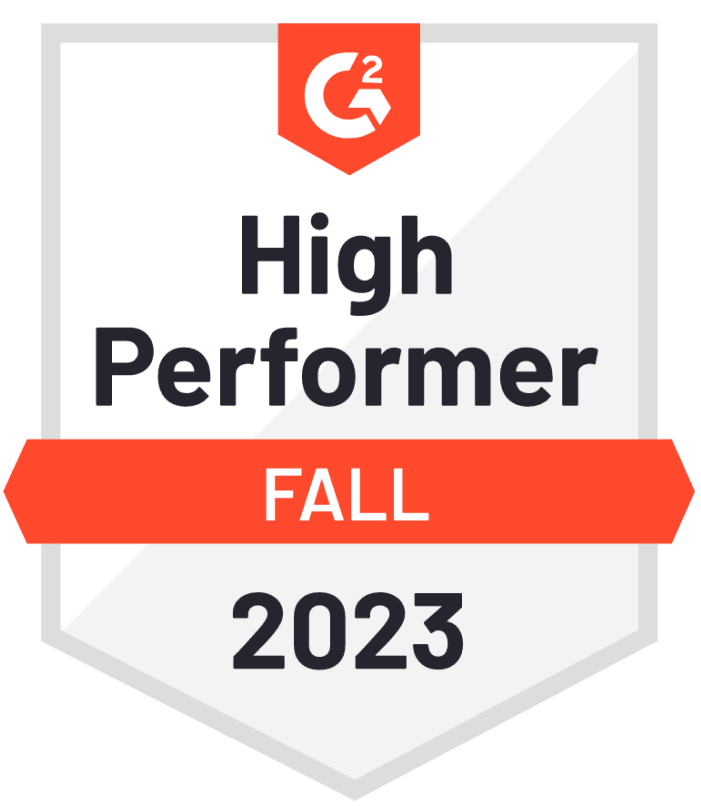Frequently Asked about Operations Research Analyst
What qualifications and skills are essential for an Operations Research Analyst?
Candidates should have a strong background in mathematics, statistics, and computer science, with a degree in operations research, industrial engineering, or a related field.
Proficiency in programming languages, analytical thinking, and excellent communication skills are key.
What role does an Operations Research Analyst play within a company?
They optimize business processes and decision-making using mathematical modeling and data analysis, leading to efficiency improvements, cost reduction, and better resource allocation across sectors like supply chain management and finance.
How do Operations Research Analysts contribute to decision-making processes?
By analyzing complex systems, developing models, and evaluating strategies, they provide insights and recommendations to decision-makers, aiding in informed choices and enhancing organizational performance.
What are the primary responsibilities of an Operations Research Analyst?
Gathering and analyzing data, designing mathematical models, conducting simulations, interpreting results, and collaborating with teams to identify optimization opportunities and implement effective solutions.







